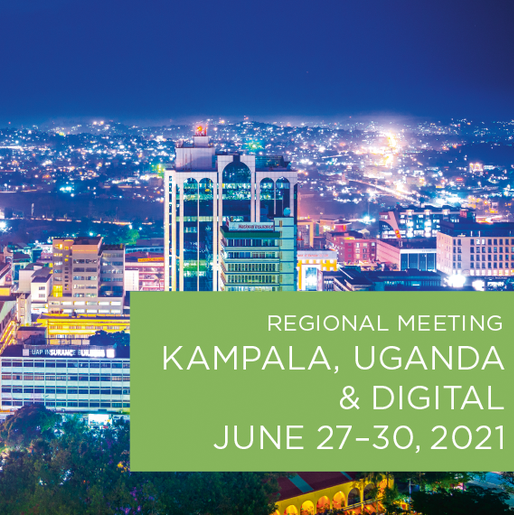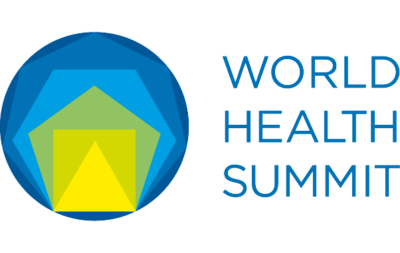

Our session explored new ideas and models contributing to universal health coverage in rural areas, especially in low- and middle-income settings. This includes community-based professional training to improve retention rates, village health teams helping patients to manage their non-communicable diseases. Furthermore, a focus was put on establishing rural health centers of excellence through cooperation between community-based organizations and universities. This strengthens global health education by attracting talented global health clinician scientists.
 Half the world’s population still lacks access to essential health services. The limited availability of health workers, medication and infrastructure, affordability and acceptability remain major barriers to access health services. Rural areas are especially affected. Globally, approximately one half of the population lives in rural areas. However, less than 38% of the nurses and less than 25% of the physicians work there.
Half the world’s population still lacks access to essential health services. The limited availability of health workers, medication and infrastructure, affordability and acceptability remain major barriers to access health services. Rural areas are especially affected. Globally, approximately one half of the population lives in rural areas. However, less than 38% of the nurses and less than 25% of the physicians work there.
A diverse panel of speakers from government, science, the private sector and community health featuring Dr. Gerald Mutungi, Dr. Peter Jackson, Dr. Robert Kalyesubula, Dr. Harald Nusser and Dr. Valerie Luyckx, explored cross-sectoral approaches to address these challenges. The session was hosted by Prof. Rhoda Wanyenze from the School of Public Health at Makerere University, member of the M8 Alliance and Dr. Judith von Heusinger from the Else Kröner-Fresenius-Stiftung.
A recording is available here.